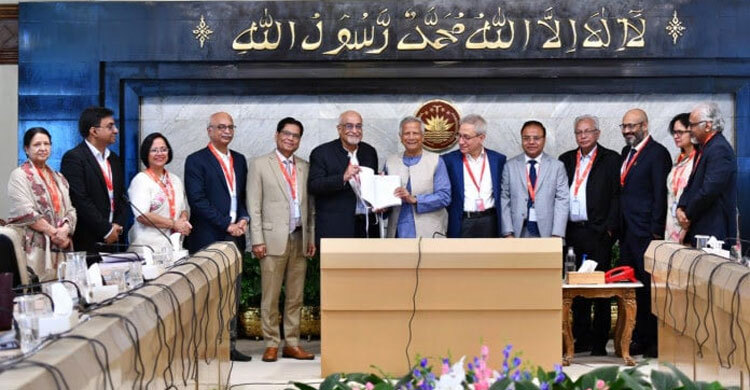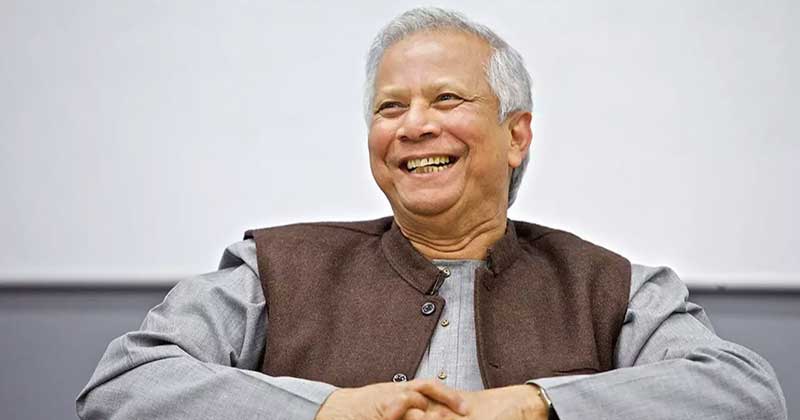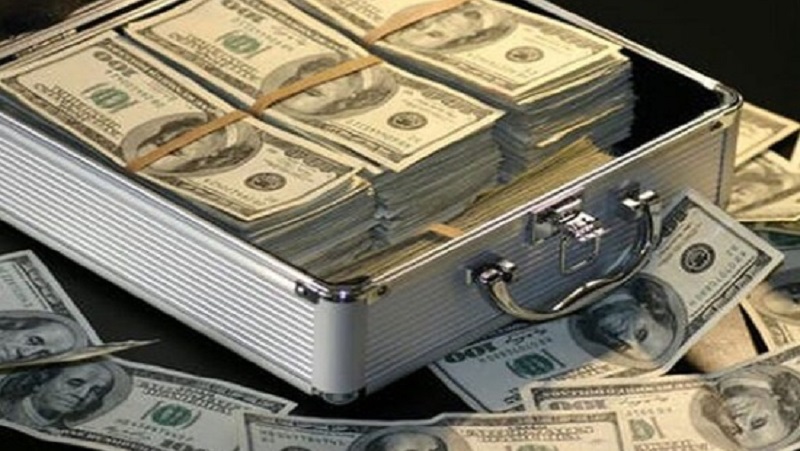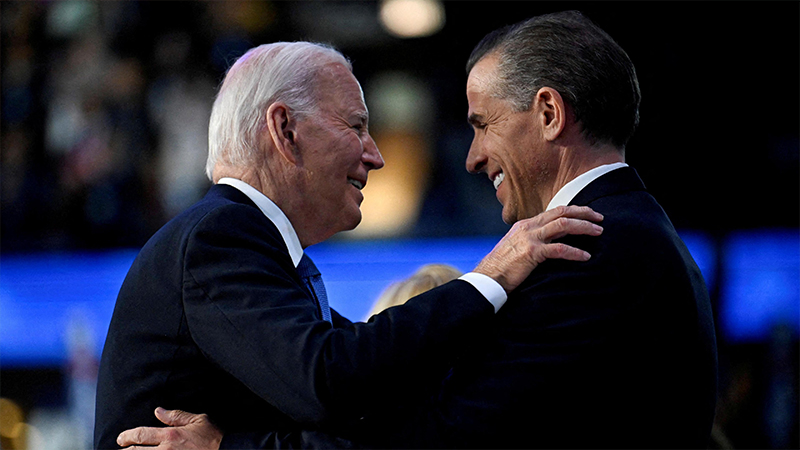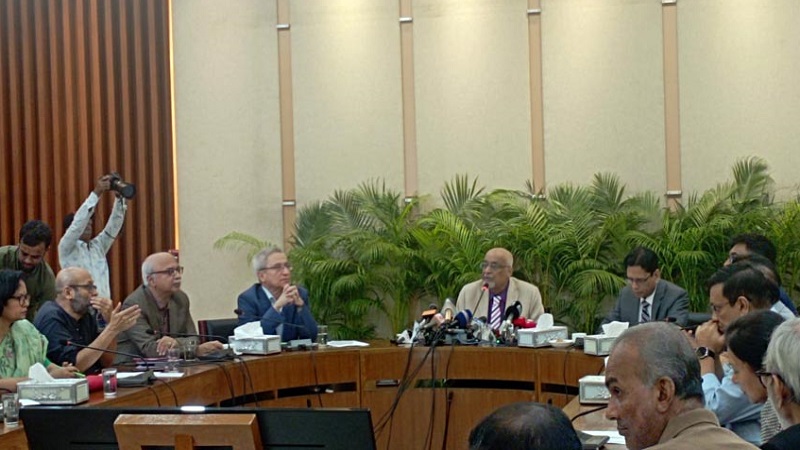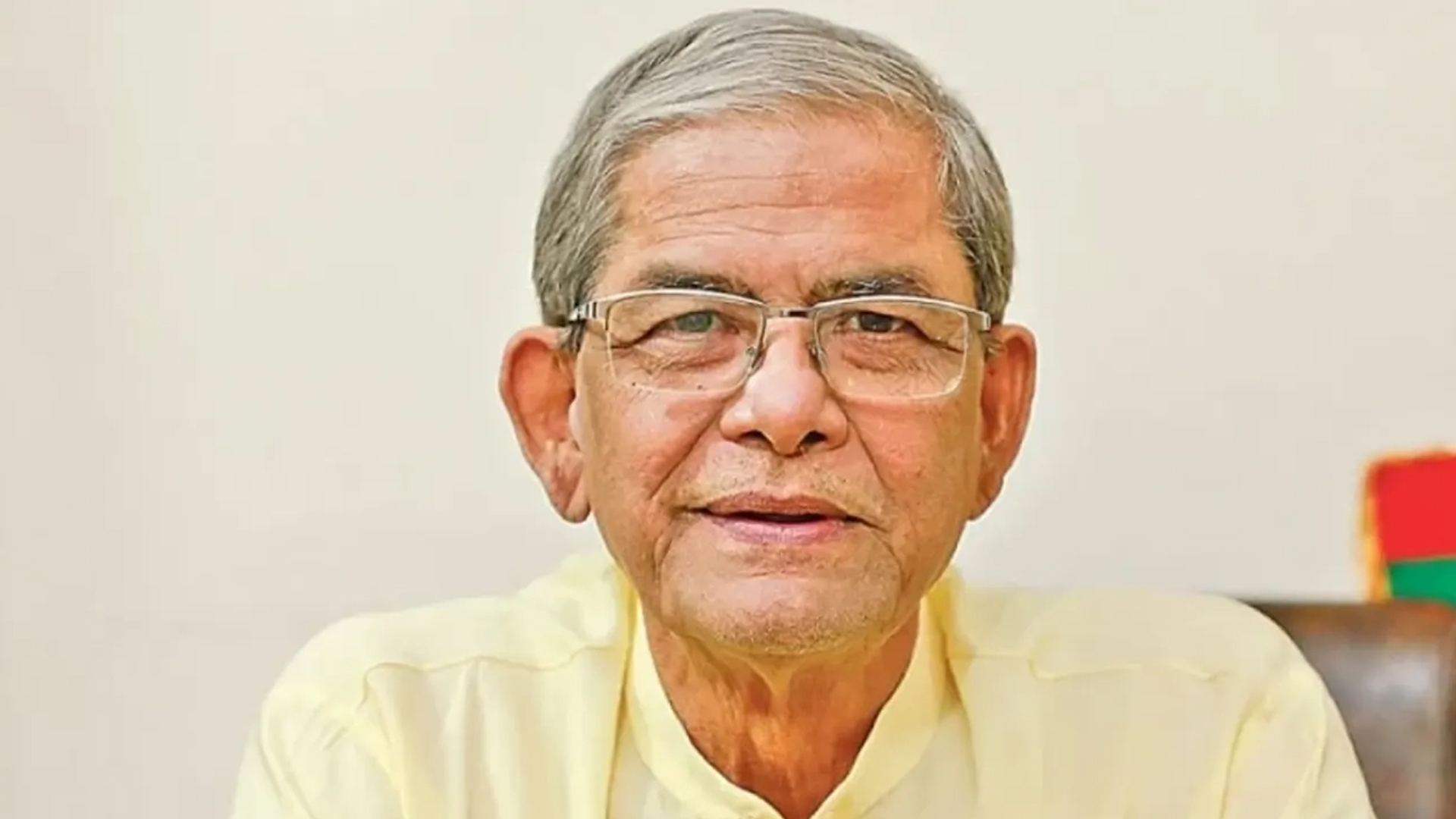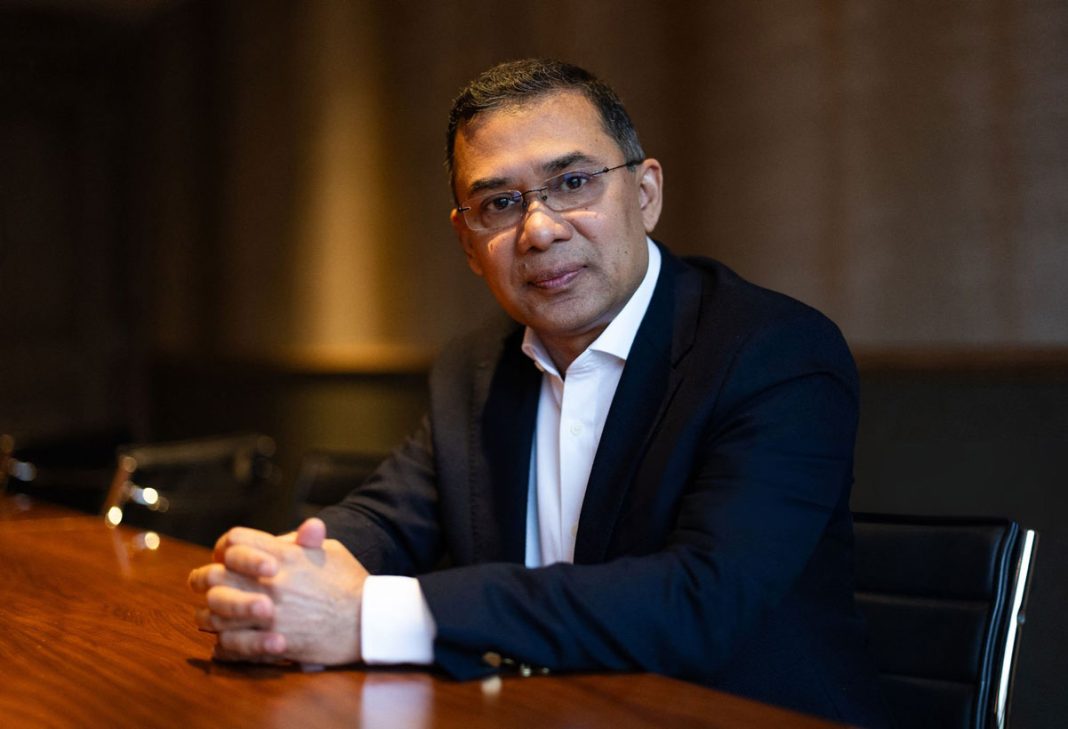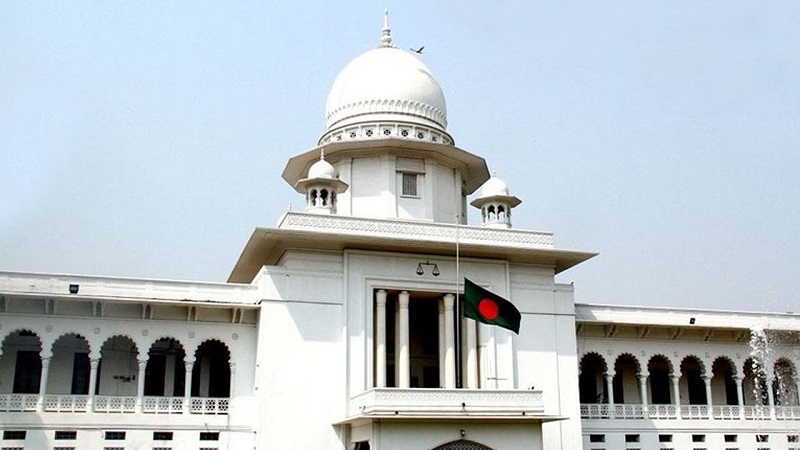The proposed amnesty for the repatriation of assets and cash held by Bangladeshis aboard has provided economists with causes for concern that the measure might became counterproductive and would help only some quarters involved in capital flight from the country.
Economists also find no justification for the measure proposed by finance minister AHM Mustafa Kamal citing the foreign currency crisis amid surging import payments and uncertainties in the global trade due to the Russia-Ukraine war.
Doubting an overwhelming response, as the finance minister expects, to what the economists called an unethical offer, they have said that the government move is also unfair for the honest taxpayers.
According to former Bangladesh Bank governor Salehuddin Ahmed, those who have smuggled money out of the country would not feel encouraged to bring it back.
Amnesty, he reminded, was offered on many occasions domestically in the past by successive governments to bring undeclared money and assets back into the mainstream economy.
But, said Salehuddin, the success was insignificant.
Dhaka University economics department chair Professor Mahbubul Mokaddem Akash said that the proposal was a utopian idea generated by the finance minister to ease the pressure on the country’s balance of payment.
Bangladesh Institute of Development Studies director general Binayak Sen said that he was sceptical about a favourable prospect for the return of money from the infamous Begumpara in Canada or the Malaysian second home programme.
The amnesty will become counterproductive, he predicted.
Binayak further said that dishonest people might now send abroad their undisclosed money through unofficial channels and bring it back to whiten at a 7 per cent tax to invest in unproductive sectors.
He called the amnesty a ‘desperate attempt’ by the finance minister to increase the flow of foreign currency to tackle the crisis of dollars amid surging import payments.
Economists also said that the proposed fiscal measure was devised in haste without subjecting it to any major public discussion.
According to them, the move likely has a strong link with the capital flight in the form of under- and over-invoicing.
According to a Global Financial Integrity report released in January 2019, the illicit capital outflow from Bangladesh went unabated as $5.9 billion, about Tk 50,000 crore, was siphoned off the country in 2015 and $81.74 billion was smuggled out from 2006 to 2016.
Jahangirnagar University economics department professor Anu Muhammad said that the government move gave an impression that it was designed to please powerful quarters involved in capital flight.
These groups are now given an opportunity to launder their ill-gotten money, he noted.
Finance minister AHM Mustafa Kamal on Friday hoped that the scope for legalising smuggled-out money would get a high response.
At a post-budget parley on Friday, the finance minister noted that many countries were tightening the noose around those who siphoned money to those countries.
He said that the recent arrest of much-talked-about Prasanta Kumar Halder in India and the announcement by Canada to sell out houses bought by money smugglers came as warning signals for many.
PK Halder, former NRB Global Bank managing director, is facing investigations in 34 Anti-Corruption Commission cases over his alleged embezzlement of about Tk 6,500 crore from four leasing companies.
DU development studies department professor Rashed Al Mahmud Titumir said that he was surprised by the announcement of amnesty for bringing back smuggled-out money.
Rather, he asserted, offenders should be brought to book.
According to the proposal for the repatriation of laundered money, the government will not ask any question about the sources of the money or assets held abroad if an owner pays 15 per cent tax on immovable properties, 10 per cent on movable properties and 7 per cent on cash or cash-equivalents.
Former National Board of Revenue chair Muhmmad Abdul Mazid said that not asking about the sources of such money or assets was highly unethical and unfair for the honest taxpayers.
The finance minister has been facing widespread criticisms after making the proposal in his budget speech on Thursday.
Local think tank Centre for Policy Dialogue on Friday slammed the government’s budgetary initiative to allow legalising money laundered abroad.
The Transparency International Bangladesh in a statement on the day said that the opportunity for legitimising smuggled-out money would further inspire corruption.
Such legalisation of smuggled-out money goes against the constitution and the prime minister’s zero tolerance of corruption, the anti-corruption watchdog reminded.



